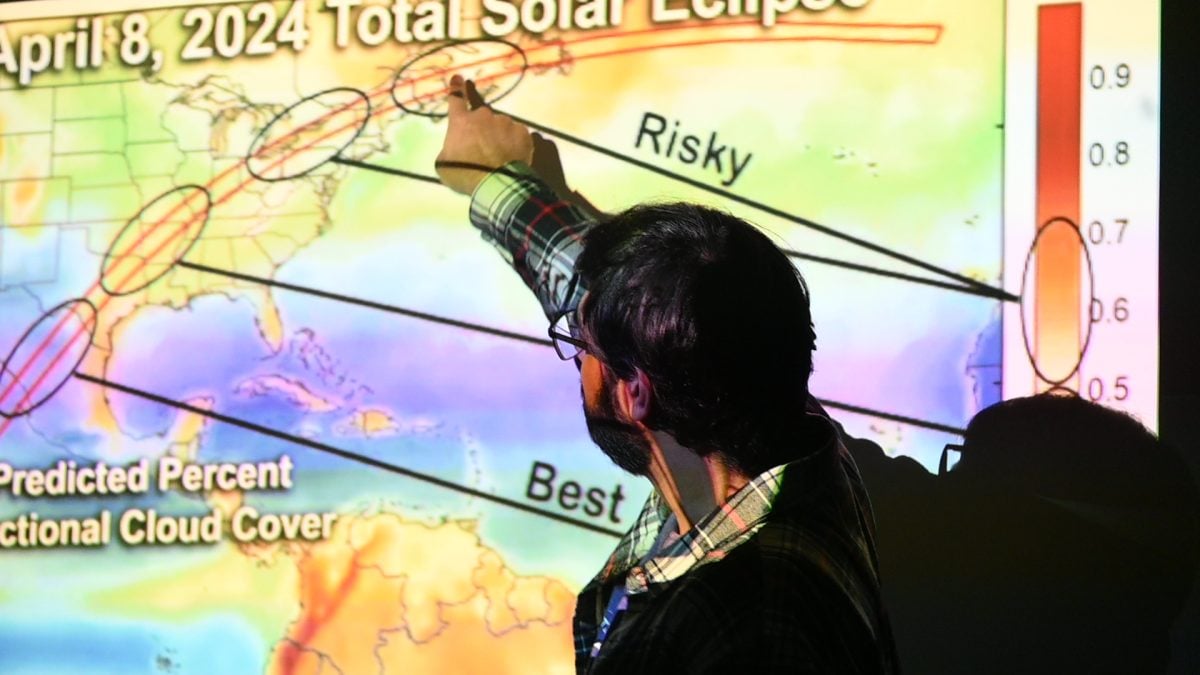Researchers from Northwestern and other institutions found that non-white children receive far worse pediatric care than their white counterparts, the University announced in a press release.
Despite controlling for health insurance status, researchers found vast disparities in health care quality in several pediatric specialties such as neonatal care, emergency medicine and palliative care.
“Racism profoundly impacts not only children’s health but also people’s health on into adulthood, emphasizing the vital importance of tackling disparities in the care received by children,” Harvard researcher Natalie Slopen said in the press release.
According to the study, there is poorer quality communication between health care providers and families of racial and ethnic minorities. Black and Asian children are also less likely than white children to be diagnosed with developmental disabilities before preschool or kindergarten.
Researchers saw greatest disparity in care occurred in pain management, with non-white children less likely to be prescribed painkillers for serious medical conditions.
The authors suggest several policy measures to bridge the pediatric care gap in the U.S., such as investigating and reforming sources of structural racism within health care, investing in communities and implementing eviction prevention policies to improve economic conditions in segregated neighborhoods.
“There are deeply entrenched racial disparities that span broad sectors of U.S. society and transcend generations,” Dr. Monique Jindal of University of Illinois Chicago School of Medicine said in the release. “These lead to, among other disadvantages, stark inequities in health care for children from minoritized racial and ethnic groups. It is abundantly clear that…there is a critical need for far-reaching policy changes that directly address deep-rooted structural racism at its core.”
The study said housing policies, criminal justice policies, immigration policies and economic policies including racial income gaps factor into the racial health care disparity.
“We must fundamentally rethink and redesign systems and policies, not only in health care but across the societal spectrum, to promote equitable, excellent health for all children,” Slopen said in the release.
Email: [email protected]
X: @IsaiahStei27
Related Stories:
— Evanston’s Teen Baby Nursery provides childcare and education for young parents
— Northwestern researchers receive $24 million grant to fund evaluations of childhood health
— Northwestern Medicine opens immediate care center on Sherman Avenue















